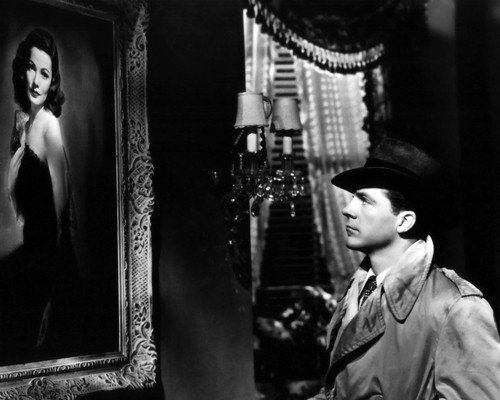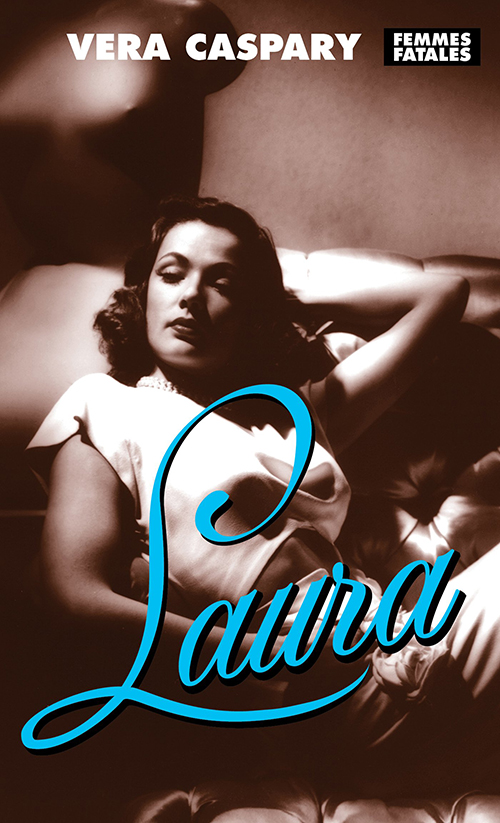My dad was a huge fan of the prolific author Lawrence Block. Block is best known for two series of books, one following ex NYC cop Matthew Scudder and his battles with alcohol and guilt, as well as a light-hearted series about the charming burglar Bernie Rhodenbarr, who always seems to find himself on a job in a fabulous residence that also happens to contain a dead body. Most of the Scudder novels are included with my Audible subscription, so I have been enjoying revisiting a few that I read years ago and discovering some new (to me) ones. But mostly I have enjoyed time-traveling with Scudder to New York City in the 1970s and 1980s, a time before the internet and 24-hour cable news and so many other scourges of our times.
Matthew Scudder has a tragic backstory and spends a good deal of his time in coffee shops, ginmills, and walking the streets of Hell’s Kitchen, as he tries to “do favors” for friends. After he quit the force he started drinking – and also functioning as a quasi private eye. Even under an alcohol haze he can put his considerable talents to helping track down assorted murderers and ne’er-do-wells. Block loves to underline the day-to-day repetitiveness of city life as Matt drops numerous dimes in payphones, hops into cabs or rides subways and mass transit trains all over the boroughs of New York to solve a case – all while hitting his favorite watering holes several times a day to drink his favorite concoction – coffee with a shot of bourbon – it helps him keep his drunk on while also keeping him awake.

What is most interesting about Scudder is his unapologetic manner – he doesn’t pretend or aspire to be a hero. He is dogged, determined, and sometimes enacts his own sense of justice. He is the first to talk of his many flaws. Most of the talk, the dialogue in these books, is first-rate. Block has a way with words, but especially with conversation between characters. This hits its apex in When the Sacred Ginmill Closes, a story the now sober Scudder tells while looking back on his hard-drinking days with his even harder-drinking buddies.
The best audio versions of these books are by readers who really seem to capture the character of Matthew Scudder, as well as being able to act out the other characters convincingly. Strangely, the weakest reader so far has been the author himself, who voices perhaps his best-known Scudder novel, Eight Million Ways to Die. It is a pivotal book in the series, as it chronicles Scudder hitting his lowest point with the booze and taking his first tentative steps towards quitting it and joining Alcoholics Anonymous. Block’s reading of the novel at the beginning is rote – but his delivery does seem to come alive as Matt sobers up. This may have been intentional, but frankly the other books are far more enjoyable for listeners, books where the voice actors can act, not just read.
That minor quibble aside, I am really enjoying my recent foray into nostalgic NYC noir. I’ve listened to the first seven books in the series. There are seventeen novels and numerous short stories featuring this classic detective (even if Matt wouldn’t call himself one). Favorite narrators in the series so far are Alan Sklar and Mark Hammer. There are numerous non-PC attitudes expressed by many characters, as to be expected of NYC low-lifes circa ’70s-’80s, but some readers/listeners might find the racial, homophobic and ethnic slurs offensive. Matt Scudder never projects such views, but runs across or spends time with characters who do.
The Sins of the Fathers (1976) – narrated by Alan Sklar
In the Midst of Death (1976) – narrated by Alan Sklar
Time to Murder and Create (1977) – narrated by Alan Sklar
A Stab in the Dark (1981) – narrated by William Roberts
Eight Million Ways to Die (1982) – narrated by Lawrence Block
When the Sacred Ginmill Closes (1986) – narrated by Mark Hammer
Out on the Cutting Edge (1989) – narrated by Dan Butler
First published on Cannonball Read


